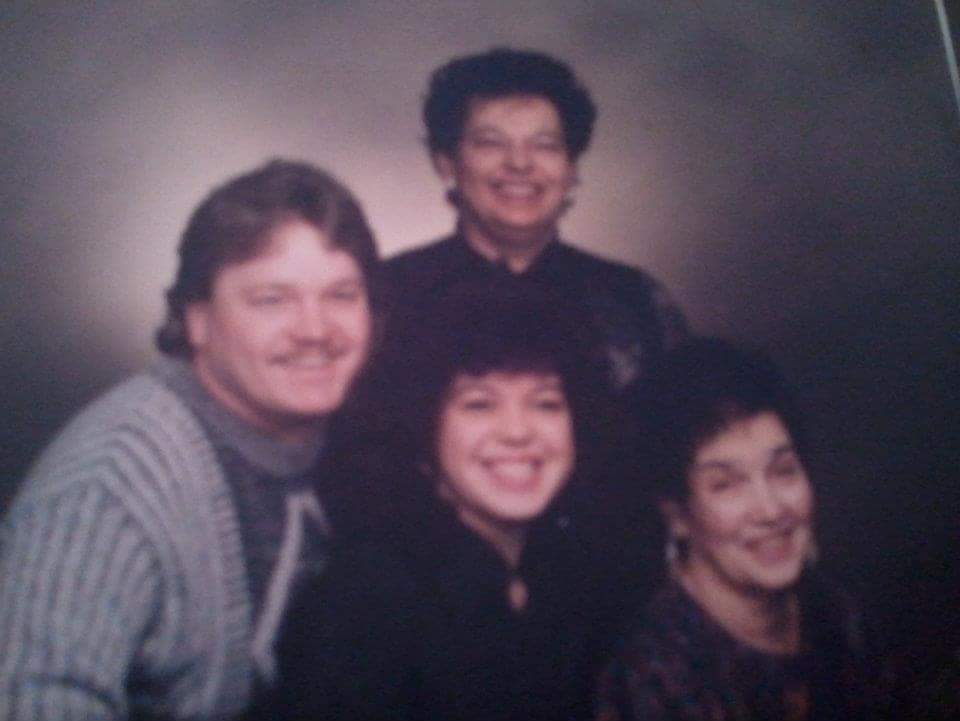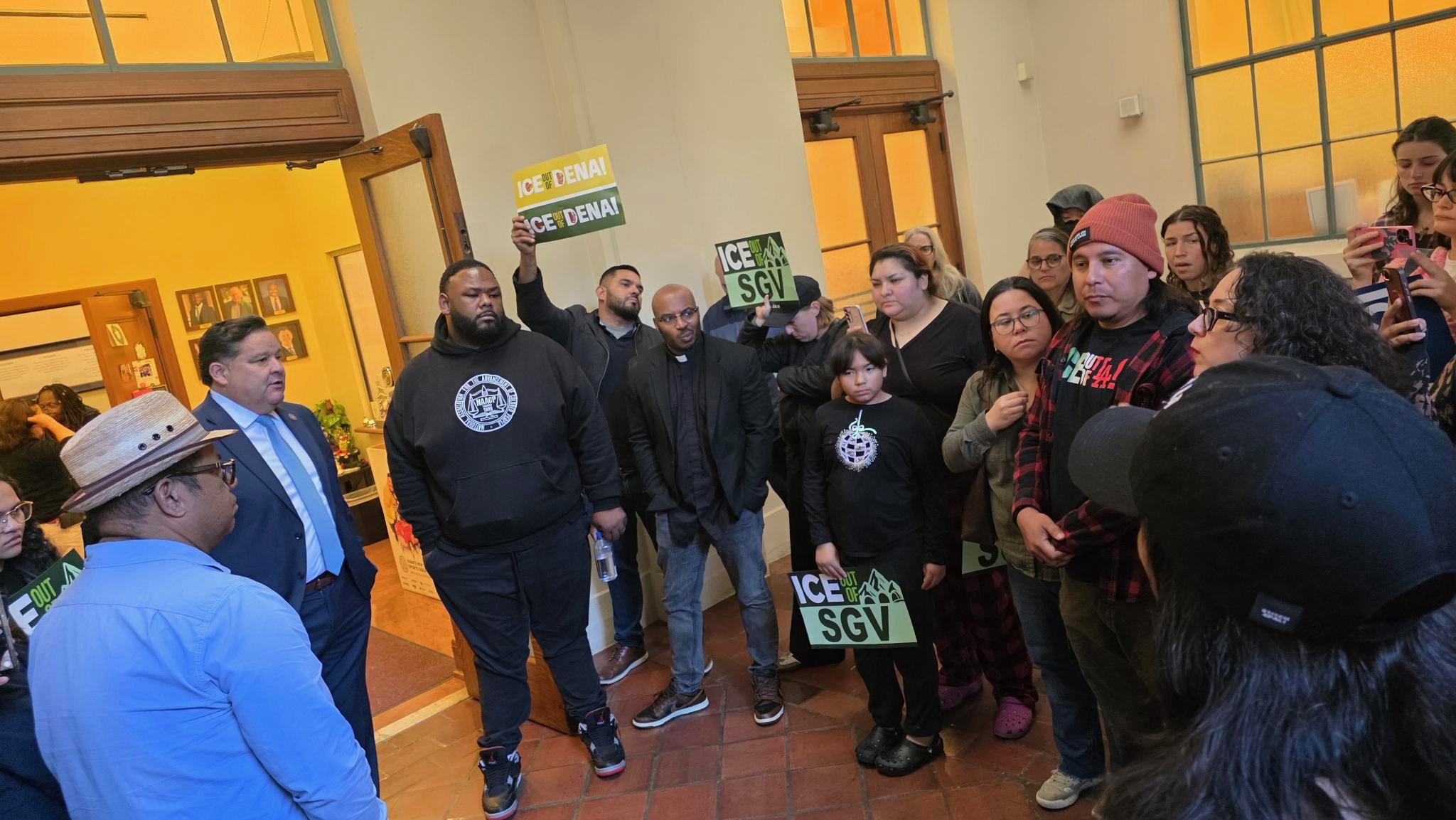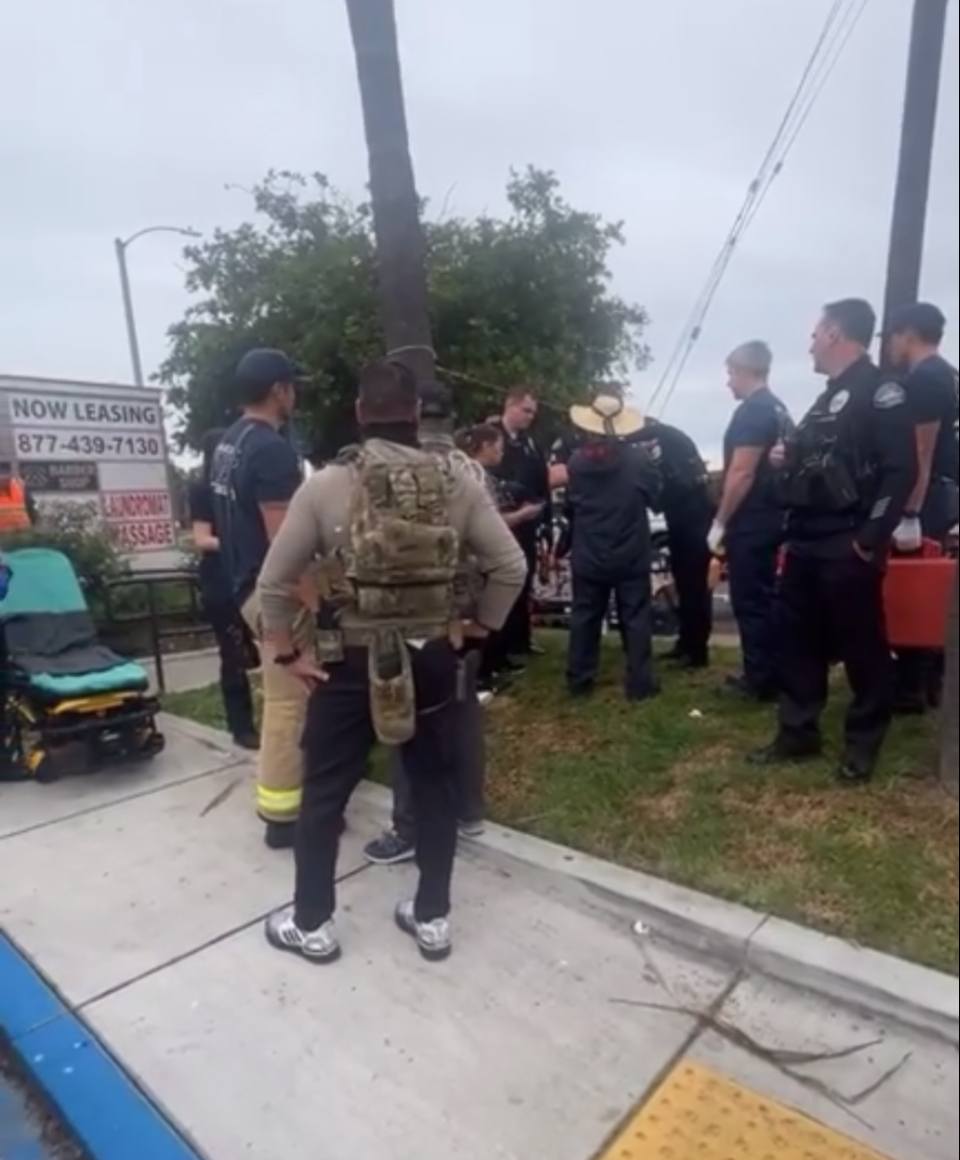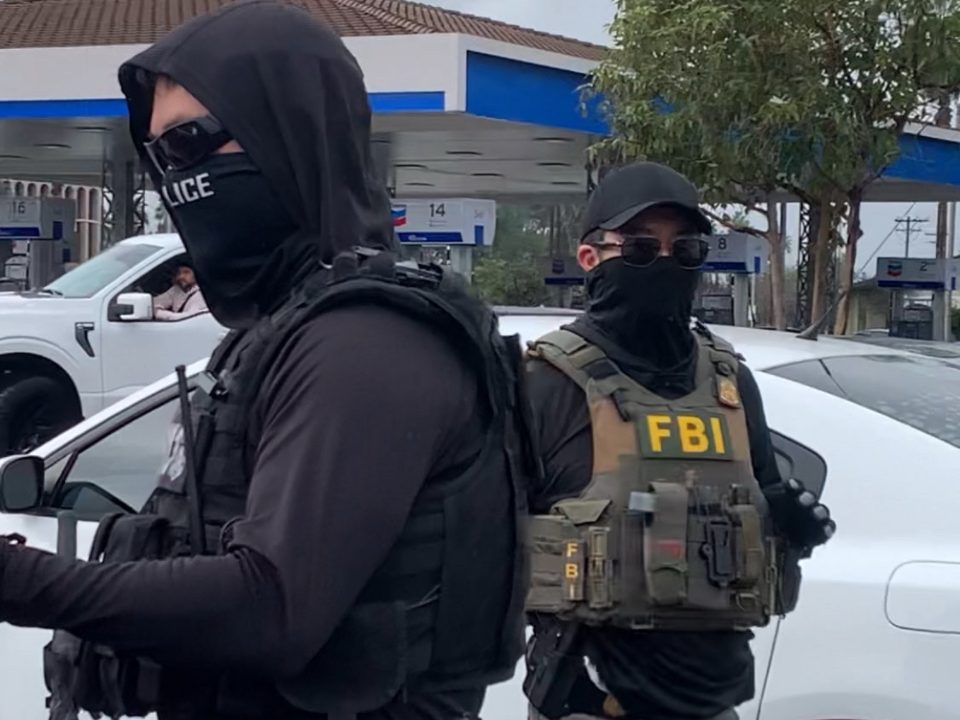[dropcap size=big]C[/dropcap]loudia Leslie Wells is a registered missing person whose family believes is alive somewhere, homeless since the late 90s. At one point, her daughter Robin Wells Burton was told that perhaps she should consider a memorial ceremony to make peace that her mother may never return. Then in 2014, a sign of hope appeared out of L.A.’s annual homeless count.
“A picture after 20 years,” Burton told L.A. Taco.
The photo, published by the L.A. Times, came shortly after Burton was alerted by a private investigator that her mother’s Social Security number had been used in Santa Monica. During one of her shifts at Ardy & Tiny’s in Illinois, where Burton is a bartender, a regular mentioned the photo and the likeness. She immediately believed the woman seen sitting wrapped in a jacket and beanie was her — Cloudia, her mother.
Burton followed up with the photographer and verified that it had been taken in Santa Monica. There was a ray of hope.

As Los Angeles tabulates figures from the 2019 homeless count, which took place last month, the plight of families who are looking for someone they consider missing among the homeless population is often overlooked.
In Burton's case, she has followed clues to Los Angeles in search of her mother but, unfortunately, has still not been reunited with her. The whole ordeal, however, did lead Burton to put together a nonprofit group called Missing and Homeless. She said the organization has been able to assist in reuniting 60 individuals and their families.
Reuniting missing individuals experiencing homeless is an arduous affair, compounded by privacy rules, according to Burton. Finding her mother has been problematic due to her mother’s severe mental illness. Photographs like the one she believes was taken of Cloudia are seen as intrusive among the homeless population and often unwelcome. Taking photos during the homeless counts can get backlash by the communities they intend to serve.
'I can’t make her come back. I just want to tell her that I love her.'
[dropcap size=big]A[/dropcap]s it stands, there is no protocol regarding the search of missing persons during the counts. Due to privacy-related HIPPA regulations, tracking a person navigating the patchwork of the homeless services system can be nearly impossible.
Homeless shelters and service centers ride a very delicate line. Even if a person like Cloudia comes to a service provider, they are limited to what can and cannot be shared. In 2015, when Burton got a call due to a provider recognizing her mother’s photo, she couldn’t be told exactly that Cloudia was potentially there.
“It could not be verified due to HIPPA,” Burton recalled. “I was told that they couldn’t keep her there and that the center closed at 4 pm. I jumped on a plane immediately.” When she arrived to Los Angeles from Illinois, she was met again with disappointment.
“I didn’t realize I loved my mom until she went missing,” Burton said. “I can’t make her come back. I just want to tell her that I love her.”
RELATED: An L.A. Portrait: A Single Rent Increase Put This Woman on the Streets in Los Feliz
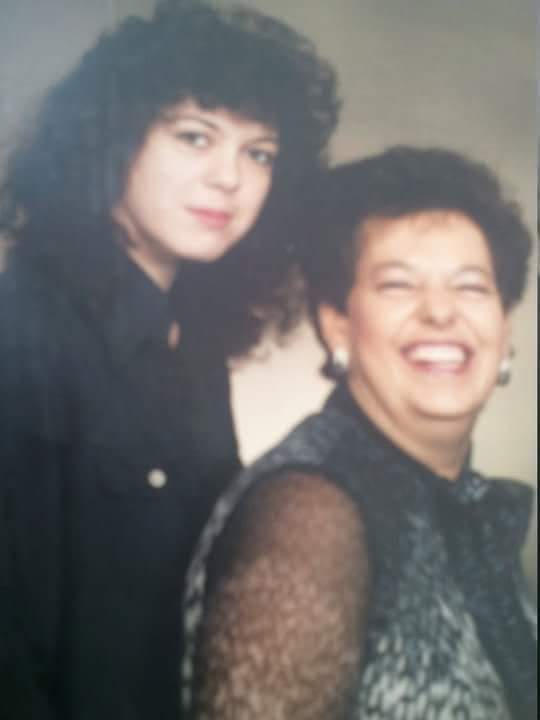
[dropcap size=big]B[/dropcap]urton is thankful for the efforts of the homeless counts but sees some possible holes in the current protocols. Providers as they currently exist do not report entry logs with missing person systems because of HIPPA. There is no training or efforts to use the counts to collect information and data that can identify known missing persons.
“We need the homeless count but [city and state organizations] are using it for other reasons,” Burton explained. “They run them off from different areas. No one wants homeless in their backyard. They’re being found and run out. Nobody wants to face the problem.”
Burton urges communities to work collaboratively with the homeless with direct outreach efforts beyond the system in place. She stated that small providers, non profits, and homeless individuals themselves were more successful in assisting with the search efforts for her mother and other missing homeless persons.
“They’re people," Burton said. "They’re somebody’s someone. Nobody gets it unless it happens to them.”
RELATED: ‘The Dead Have Names’ ~ Vigil Pays Homage to Homeless Who Died on L.A. Streets
